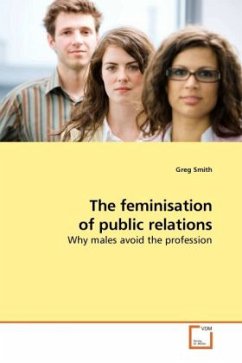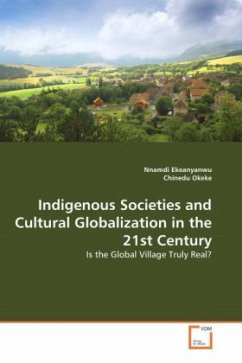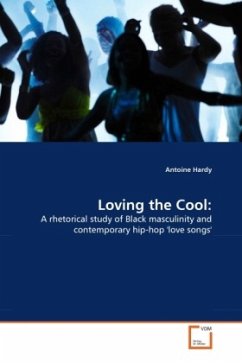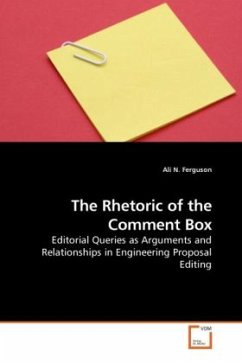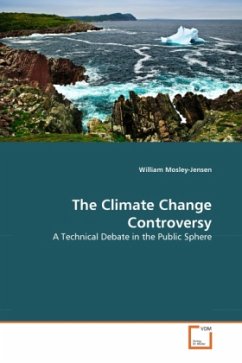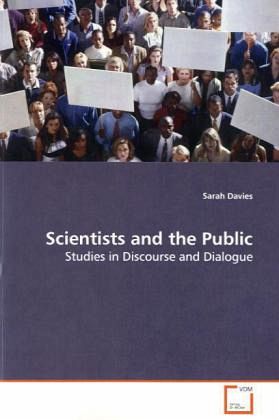
Scientists and the Public
Studies in Discourse and Dialogue
Versandkostenfrei!
Versandfertig in 6-10 Tagen
52,99 €
inkl. MwSt.

PAYBACK Punkte
26 °P sammeln!
This qualitative study draws on and extends twoimportant concepts of the public understanding ofscience literature: scientists understandings of the public , and the currently popular notion ofscience-public dialogue. Using data from interviewswith scientists and engineers, the 'understanding ofthe public by scientists is examined. Constructionsof publics are also an emphasis in a detailed casestudy of informal science-public dialogue at the DanaCentre, London. Here structures of power andauthority are more traditional than the dialoguemovement s rhetoric would suggest, but there is alsocontin...
This qualitative study draws on and extends two
important concepts of the public understanding of
science literature: scientists understandings of the public , and the currently popular notion of
science-public dialogue. Using data from interviews
with scientists and engineers, the 'understanding of
the public by scientists is examined. Constructions
of publics are also an emphasis in a detailed case
study of informal science-public dialogue at the Dana
Centre, London. Here structures of power and
authority are more traditional than the dialogue
movement s rhetoric would suggest, but there is also
continual resistance to and contestation of these
structures. To conclude, the threads of analysis are
drawn together to provide a theoretical reasoning of,
and model for, informal dialogue processes which are
able to utilise the sociological complexity of
scientists talk.
important concepts of the public understanding of
science literature: scientists understandings of the public , and the currently popular notion of
science-public dialogue. Using data from interviews
with scientists and engineers, the 'understanding of
the public by scientists is examined. Constructions
of publics are also an emphasis in a detailed case
study of informal science-public dialogue at the Dana
Centre, London. Here structures of power and
authority are more traditional than the dialogue
movement s rhetoric would suggest, but there is also
continual resistance to and contestation of these
structures. To conclude, the threads of analysis are
drawn together to provide a theoretical reasoning of,
and model for, informal dialogue processes which are
able to utilise the sociological complexity of
scientists talk.




